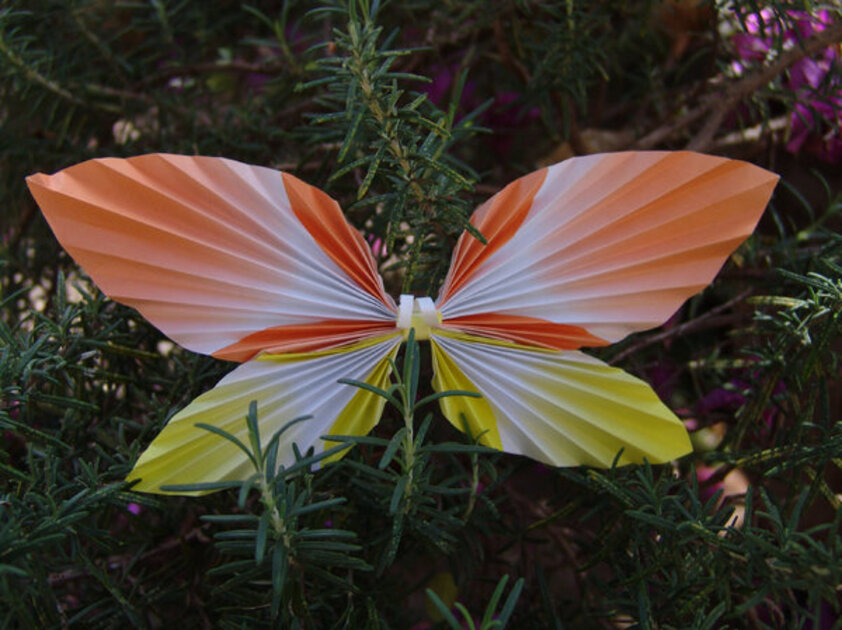
Our Gemara on Amud Beis discusses the reluctance of a person to loan a wallet or purse to another person, because it is a bad sign. That is, it symbolically portends that he will give his money to another person.
Tosafos (ibid) raises a concern that this paying attention to signs should be under the prohibition against divination, as stated in (Vayikra 19:26). Tosafos answers, this is similar to what is taught in Shabbos (67a), “Anything that contains an element of healing, and seems to be effective, is not under the prohibition against following the ways of the Amorite.”
Tosafos seems to be drawing an analogy. Just as it is not considered divining when utilizing practices that seem to come from medical science as opposed to idolatrous or superstitious beliefs, so too attaching significance to this kind of symbolic act is permitted. Rashash (ibid) raises the obvious question: How can you compare medical agents or activities to seemingly magical acts? Presumably, the basis for permitting medical cures is that the intention is not coming from something magical, but more of a natural cure. Even if the agent is not completely known, or is some kind of mysterious procedure or incantation, if it is with the purpose of healing and has been demonstrated to be effective, it is probably due to some unknown effect and not magical or idolatrous.
Interestingly, Rashbah (Shu”t I:413) makes this very point. Things that seem magical might only be due to an unknown natural effect. He compares this to a compass used by sailors, or the power of a magnet to draw another piece of metal toward it. He says, this is not magical, but it is due to some technology we do not understand. This brings to mind a quote from the famous futurist and science-fiction author, Arthur C. Clarke: “Any sufficiently advanced technology is indistinguishable from magic”.
In any case, it is difficult to understand how Tosafos could use this as a way to explain an action that seems blatantly superstitious. It is one thing to use some kind of formula of herbs, or even an incantation, if it seems to be directed purposefully toward a proven method of cure even if through an unknown process. However, to respond to an omen or a sign does not fit in that category, and should be forbidden.
However, I believe there are two distinctions that will help us understand Tosafos. Tosafos holds the heter that allows practices designed for curative purposes is not because the purported or believed intervention was scientific/natural instead of superstitious/idolatrous. Rather, these medicinal practices were either to bring about an effect or to safeguard and prevent the occurrence of a problem. According to Tosafos, we can say that the prohibition against divination is only if it is done to predict the future. Solving a problem from the past, or even preventing a problem in the future is not the same as divination, which is predicting. If we say that, Tosafos’ comparison of fear of letting somebody use your wallet as a bad sign to medicine or cures, and even medicinal incantations is understandable. Because this is not about predicting the future, rather this is about somehow or another managing or enacting the future. (In this essay, I am discussing a handful of opinions. For Halacha lemaase refer to Shulchan Aruch (YD 179).
The reliance on using physical acts to channel and create spiritual activities, is well documented within Judaism. We all famously take new fruit and/or sweet fruit on Rosh Hashanah in order that we may have a sweet new year. Additionally, Gemara Horiyos (12a) speaks of a practice of anointing new kings, by a spring, in order that their kingdom will continue through the generations in an unending way, just as the water keeps flowing and doesn’t run out.
The Meiri (Horiyos ibid), typically aligned with Maimonides’ rational view of most spiritual matters, does not attribute these signs as the theurgical activities that induce a divine flow. Rather, these symbolic acts are done to arouse within ourselves an awareness, and cause us to pray and reach out to God with greater intensity and fervor.
This is the old argument between the kabbalists and the rationalists. For example, do we blow shofar to arouse us to repent (Rambam, Laws of Teshuva 3:4), or does it somehow stir and change something up in heaven directly (Zohar, Vayikra 18b). In Kabbalistic theology there is the concept of itaruta de-letata’a, a physical earthly arousal that induces an itaruta de-leaylah, an upper spiritual arousal (Zohar I:164a).
It doesn’t matter if you are Moshe throwing ash up to the sky to cause boils or Harry Potter waving a magic wand, or some Indian Performing a rain dance, there seems to be a universal human way of inducing spirituality via a sympathetic physical act. Is that because of what it does for us, or does it somehow allow us to affect spiritual matters through some kind of resonance? I don’t know, but we’ve been doing it for as long as we are human.
Translations Courtesy of Sefaria, except when, sometimes, I disagree with the translation ![]()
If you liked this, you might enjoy my Relationship Communications Guide. Click on the link above.
Rabbi Simcha Feuerman, Rabbi Simcha Feuerman, LCSW-R, DHL is a psychotherapist who works with high conflict couples and families. He can be reached via email at simchafeuerman@gmail.com
 Previous
Previous

